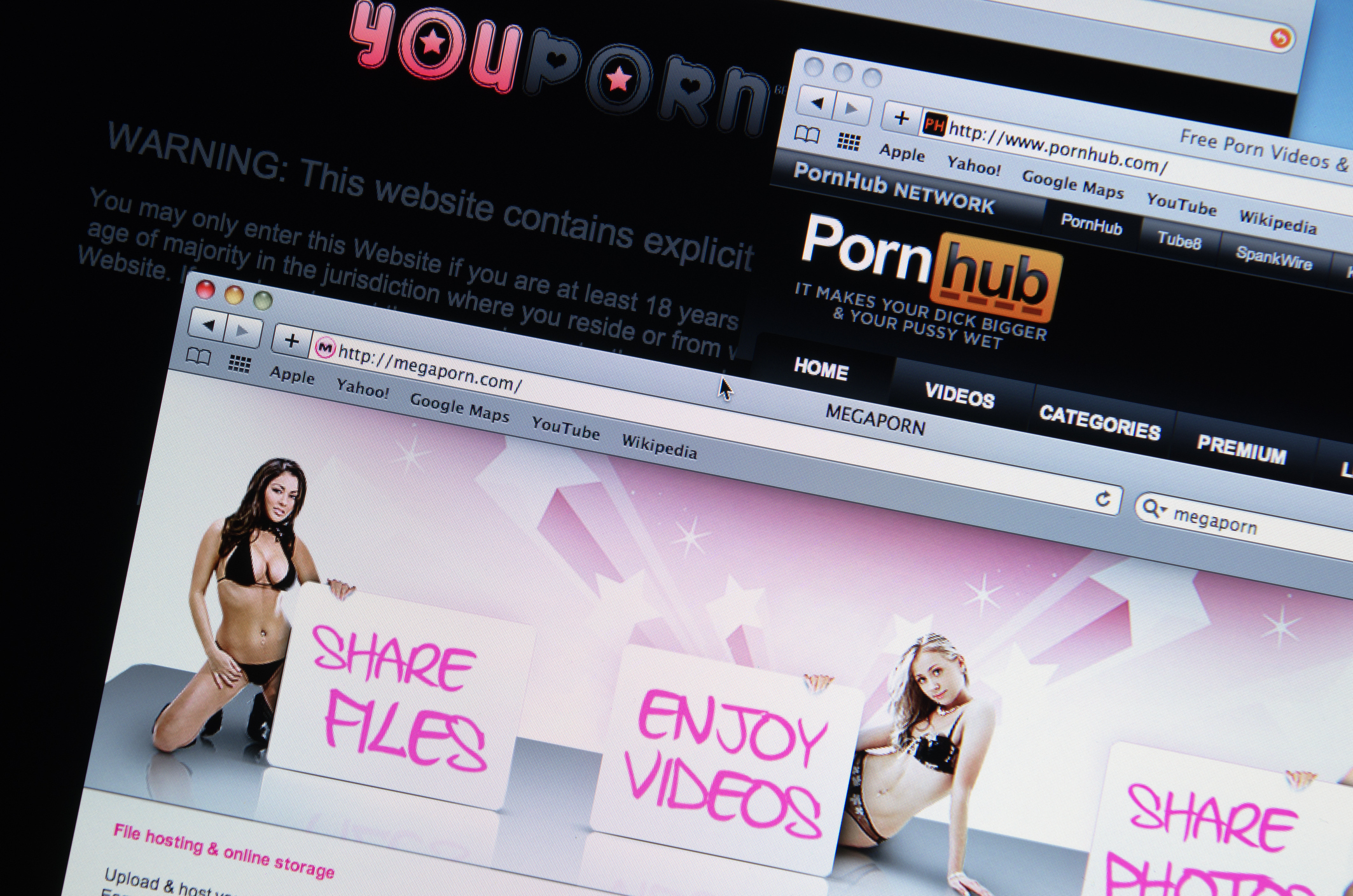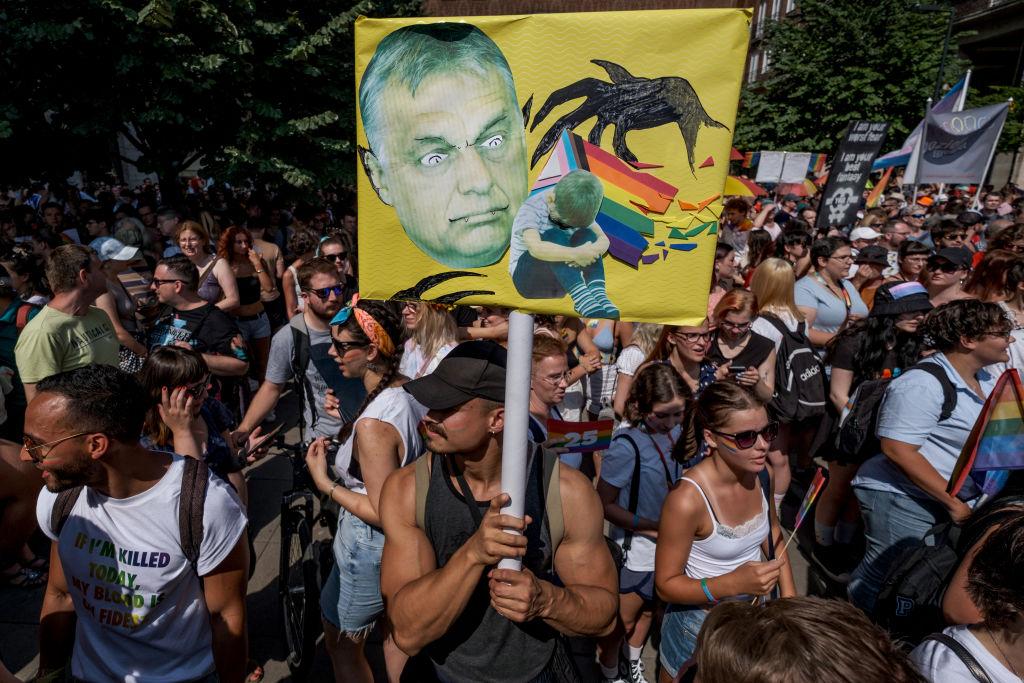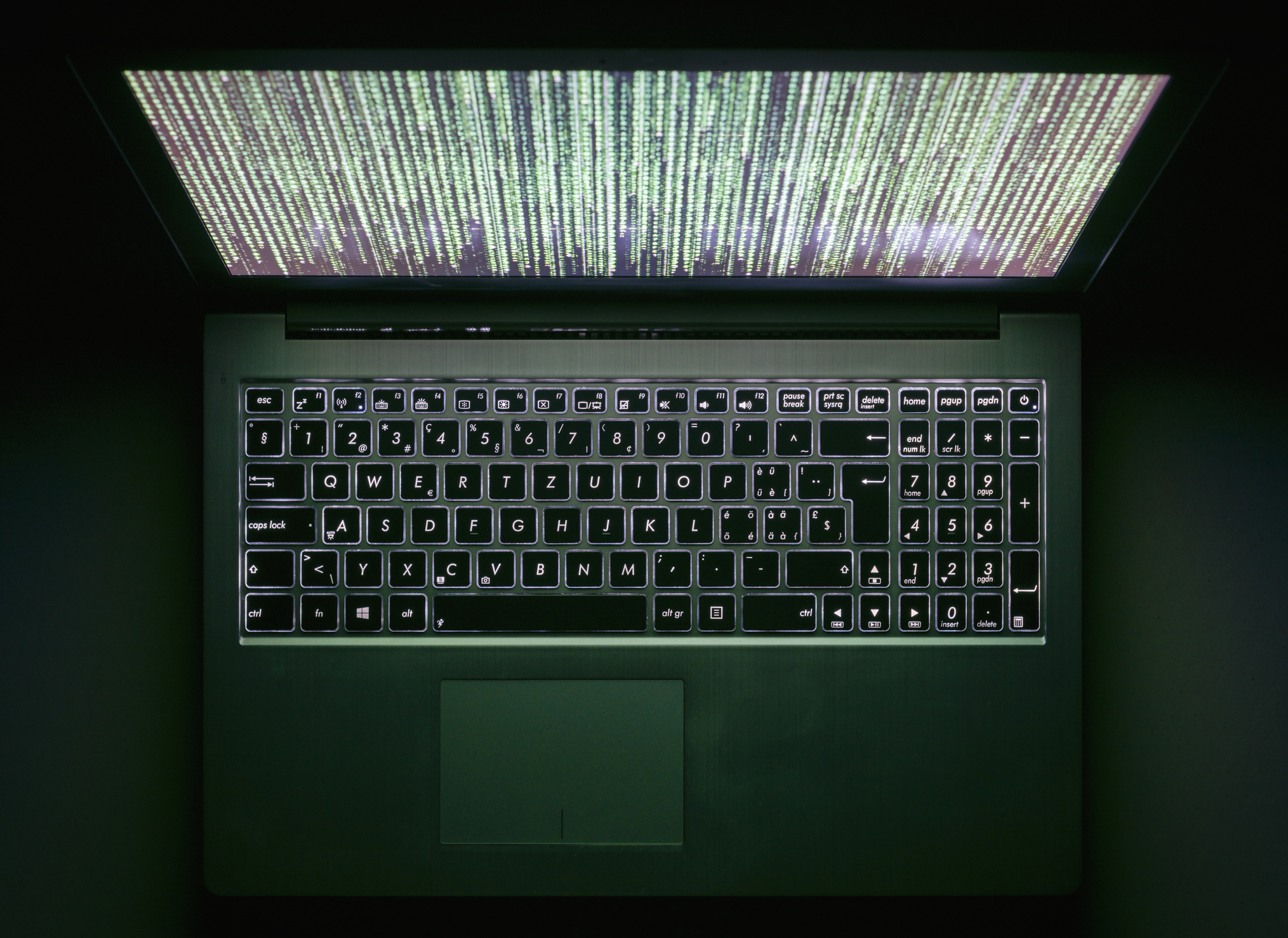Dutch health experts and the Youth Smoking Prevention Foundation threatened legal action against Snapchat for the alleged illegal sale of vapes via the social media platform.
In a letter to Snapchat on June 10, they demanded that the US tech company take measures within two weeks to ban content about vapes on the platform.
They accused Snapchat of not doing enough to prevent Dutch youth from being exposed to vape dealers and vape promotion.
“Snapchat is extremely popular among teenagers and is being abused by sellers to promote vapes,” said lung specialist Wanda de Kanter, chair of Youth Smoking Prevention Foundation.
Lung pathologist Danielle Cohen says that more and more children are becoming addicted.
“Snapchat is the place for vape dealers to reach young people, children tell us. We see that more and more young people are becoming seriously addicted to nicotine through these products. With major consequences for their mental and physical health,” she said on June 10.
In the letter, the authors pointed out Snapchat’s obligations under the Digital Services Act (DSA) of the European Union to protect minors against online risks.
Under the DSA, violators can be fined up to 6 per cent of their global annual turnover.
If Snapchat did not respond or respond sufficiently, the authors threatened to make formal complaints to the Netherlands Authority for Consumers & Markets (ACM) and the European Commission.
Speaking to Brussels Signal on June 10, Snapchat stated that selling vapes on the site was banned and pointed to legal limits imposed such as EU privacy laws on what it could do automatically to prevent such businesses.
“We employ and constantly work to improve our proactive detection technology, which we use to detect and remove illegal drug content on Stories,” the company spokesperson said.
“It is important to note that EU law prevents the scanning of private communications for drug content and regulated goods such as vapes”, the spokesperson added.
Because of these legal restrictions, Snapchat cannot monitor private messages for such content; instead, users must report problematic messages themselves using the platform’s built-in whistle-blowing tool.
Nevertheless, pressure on giant tech platforms to “protect children” has been growing within the EU.
Also on June 10, following a fatal stabbing in a French school, French President Emmanuel Macron said he wanted to ban social media for those under 15 years old.
That aligned with a broader EU-wide initiative aimed at restricting social media use for minors under 15 across the EU.





